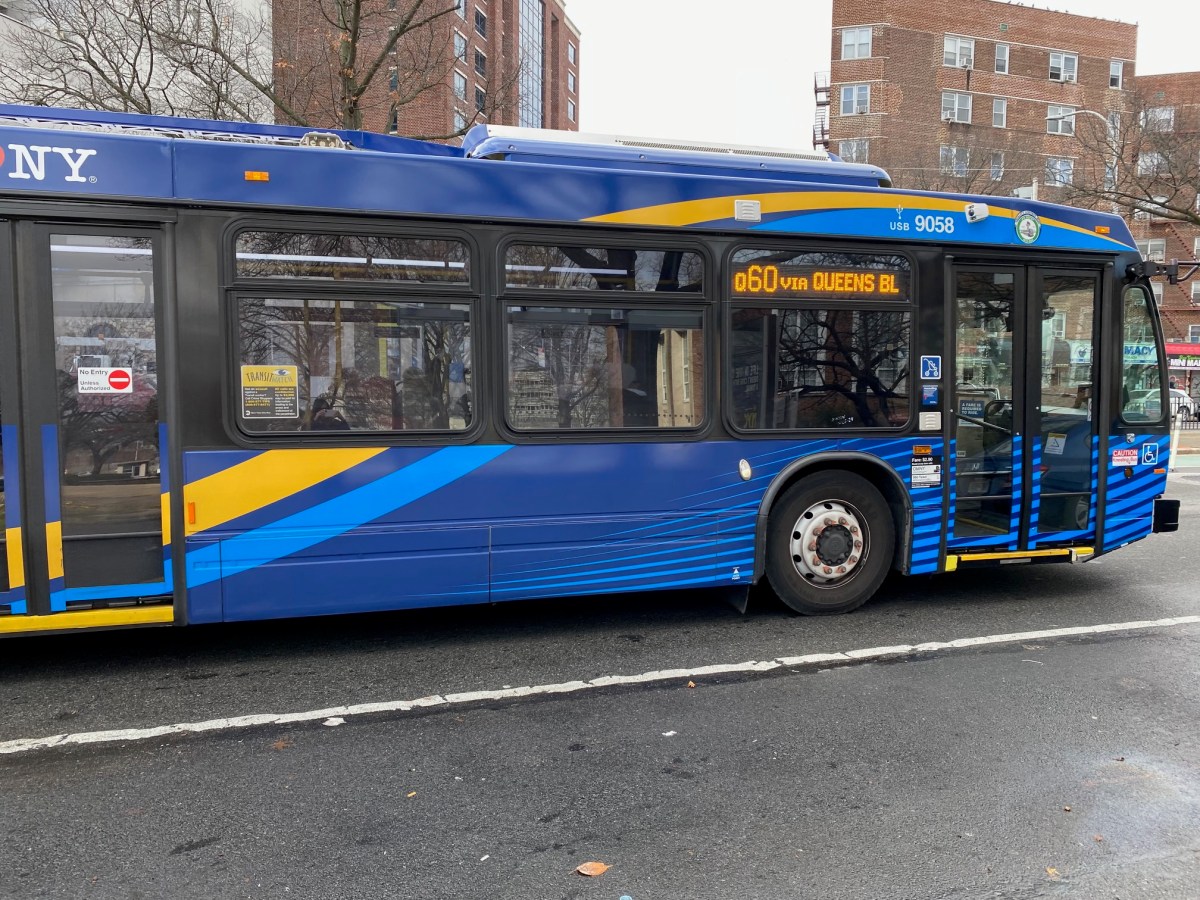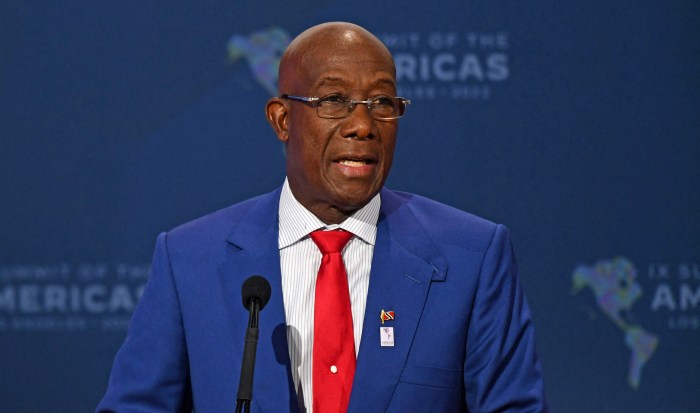 Harvard Vanguard Medical Center in Braintree are assessing a possible Ebola case. Photo: Harvard Vanguard
Harvard Vanguard Medical Center in Braintree are assessing a possible Ebola case. Photo: Harvard Vanguard
[UPDATE: Monday 9:40 a.m.] A man who has recently traveled to Liberia was isolated with Ebola-like symptoms at a Braintree clinic on Sunday, but within hours local health officials said the patient “does not meet criteria to be considered someone at high risk for Ebola.”
The patient is currently being monitored at Beth Israel Deaconess Medical Center in Boston.
[UPDATE: Monday 1:10 p.m.] The patient, according to the hospital, remains in isolation today and is in “good condition.”
Beth Israel says there is no risk to other patients, visitors or staff and the hospital will remain open for clinical operations.
Dr. Kenneth Sands of Beth Israel told a news conference Sunday evening that the hospital’s medical staff would assess the man’s symptoms for a few hours and would test him for Ebola if it was deemed appropriate. He said the results would take 24 to 48 hours.
Harvard Vanguard Medical Associates in Braintree confirmed that a patient had presented himself at their practice on Sunday afternoon complaining of headache and muscle aches.
The building was briefly closed, but was cleared by the State Department of Public Health to reopen for usual business, according to a Harvard Vanguard statement.
Earlier this month, Gov. Deval Patrick said during an interview with WGBH Radio the state “was well-prepared” to deal with the disease.
But not everyone has agreed with the governor.
The state’s largest nurses union has said Massachusetts hospitals are wholly unprepared to deal with an Ebola case, citing a lack of isolation rooms and training.
Earlier this month, David Schildmeier, spokesman for the Massachusetts Nurses Association (MNA) gave a grave assessment of the preparedness of hospitals in the state.
“We are absolutely not prepared,” he said. “We don’t have the number of isolation rooms required. The nurses have not been trained on the issue appropriately. The policies and procedures aren’t in place. The staffing levels aren’t in place.”
He added, “They’re working on it, but as usual it’s not fast enough. It’s a big concern.”
Ebola, which is spread by bodily fluids and has claimed more than 4,000 lives during the ongoing outbreak in west Africa, has a fatality rate of around 50 percent.
Follow Morgan Rousseau on Twitter: @MetroMorgan
Follow Metro Boston on Twitter: @MetroBOS























